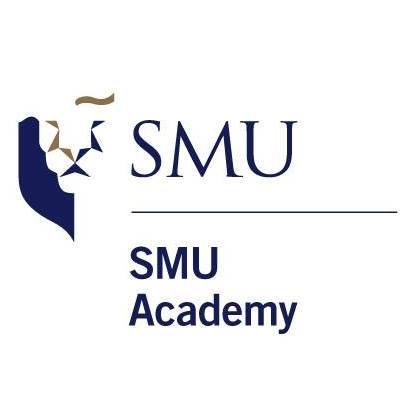As financial services sector organisations seek new methods of creating value, and actively leverage digital, disruptive technologies and operating models, they embrace innovation and immerse themselves in new approaches to deliver such value.

As financial services sector organisations seek new methods of creating value, and actively leverage digital, disruptive technologies and operating models, they embrace innovation and immerse themselves in new approaches to deliver such value.
It was observed that the more mature Internal Audit functions in the industry develop new tools and innovative capabilities in order to effectively respond or align themselves to such organisational developments and challenges.
An effective IT Audit team actively contributes to setting and delivering a vision, as part of the strategic direction of the audit function overall as well as the organisation.
It seeks to keep pace with technological change, create value and enhance impact and influence not only across the CIO organisation but also more broadly.
The overall objective of this course is to allow participants to understand why and how IT audits are carried out to obtain an assurance of system controls in support of financial audits and internal audits.
Lraening Objectives:
Appreciate the IT environment, and how it is important to support business goals
Understand various types of IT audits, e.g., Audit of IT General Controls, IT Application Controls, penetration testing and application of data analytics for IT audits
Understand the key objectives of IT security
Appreciate various IT audit methodologies, e.g., The Institute of Internal Auditors’ “Global Technology Audit Guide: IT Essentials for Internal Auditors” and ISACA’s “IT Audit Framework: A Professional Practices Framework for IT Audit”
Who Slould Attend?
TENDAccounting and Finance professionals who seek to gain an understanding of why and how IT audits can be used for obtaining the assurances of system controls
IT professionals who want to understand how IT audits can be used to support accounting and financial services
Prerequisites:
There are no prerequisites for this programme. Prior knowledge on any of the topics is not required
Established in 2017, SMU Academy is the professional training arm of the Singapore Management University (SMU) and aims to grow the University’s impact, broaden its reach, and cultivate positive change through innovative continuing education offerings.
The Academy aspires to always be at the forefront of building capabilities and continuing professional development for an effective, innovative and responsive workforce in this ever-changing economy.
In partnership with the Government, leading businesses and the wider community, SMU Academy offers a comprehensive array of cutting-edge interdisciplinary programmes to support Singapore’s lifelong learning imperative, help organisations meet their reskilling goals, and equip individuals with the skills and competencies to develop a competitive advantage.
With over 800 quality programmes to choose from, our participants are empowered to thrive in the future of work through a practice-oriented, experiential, and interactive approach that integrates academic depth, real-world business cases and interdisciplinary learning.
© 2025 coursetakers.com All Rights Reserved. Terms and Conditions of use | Privacy Policy